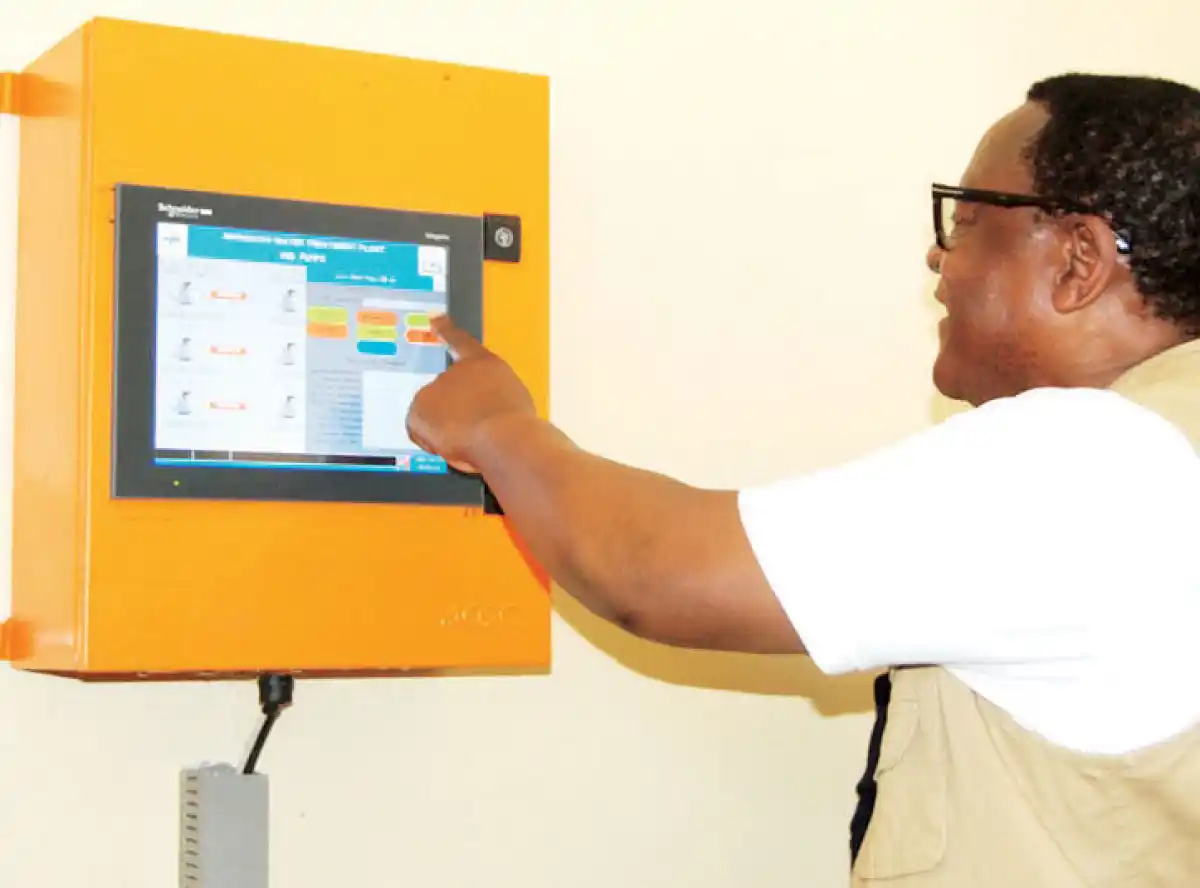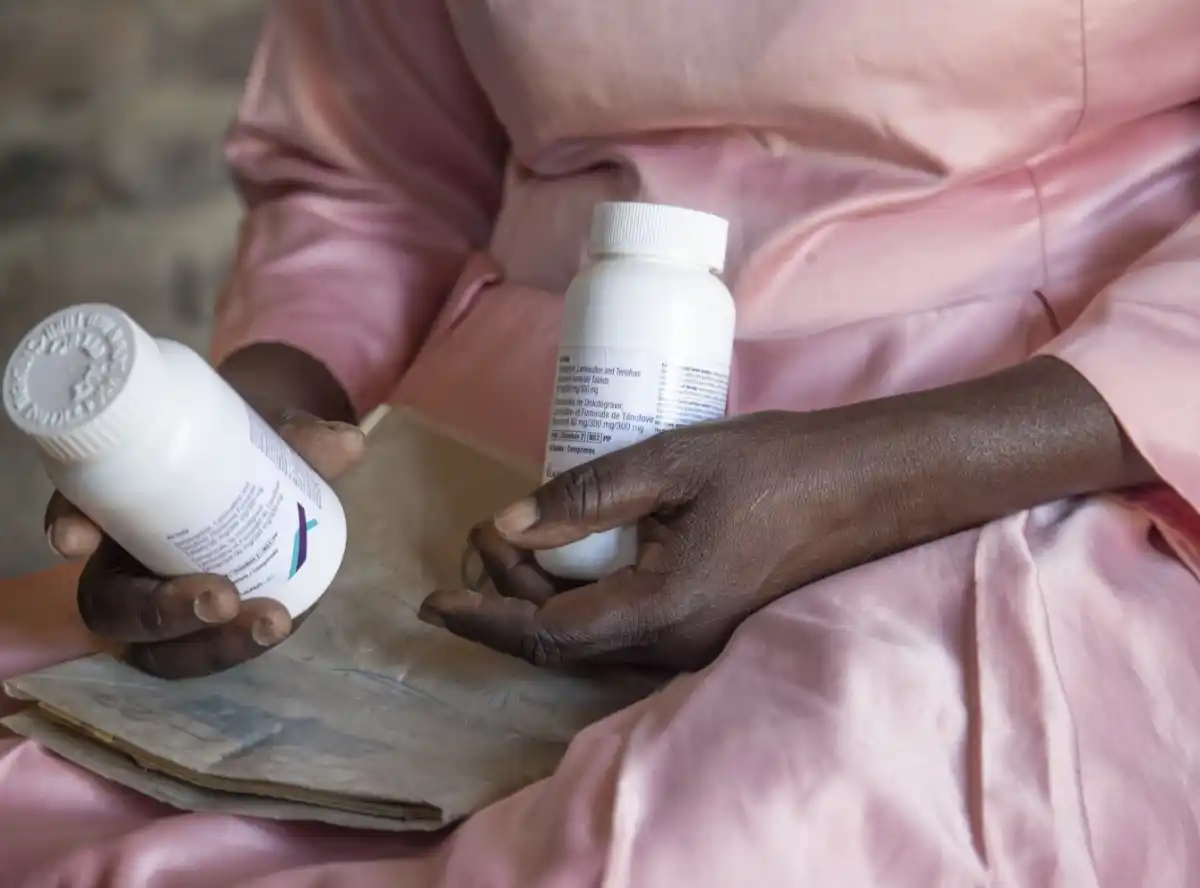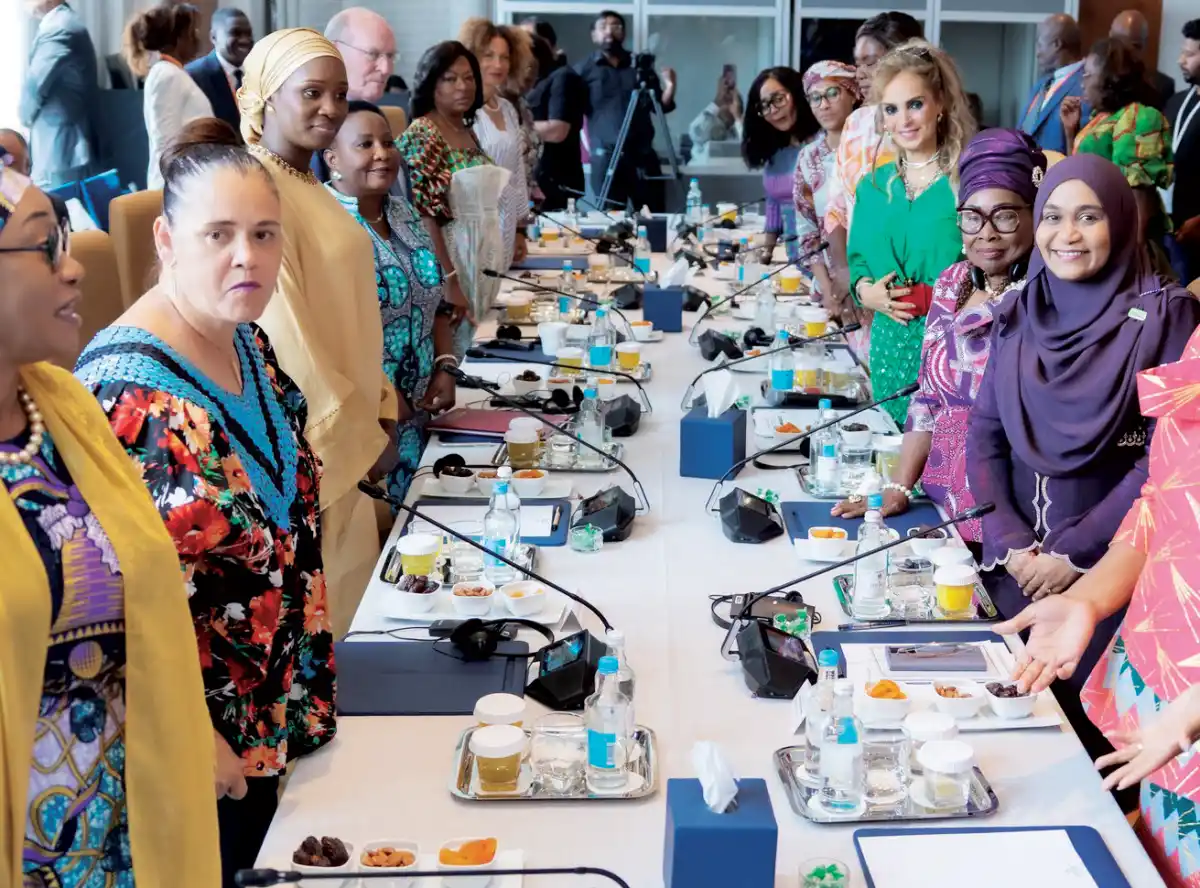
On November 10, 2024, President Lazarus Chakwera commissioned the K26 billion Nkhudzi Bay water treatment and supply system in Mangochi.
Southern Region Water Board (SRWB) constructed it using a loan from the Kuwait Fund for Arab Economic Affairs.
It is now a subject of contention between the water suppliers and government authorities on the one hand and the owners of hotels and resorts who are asking questions at their being pressured to connect to the system.
Details in the project brief indicate that the facility targets a population of about 92,000 people apart from commercial entities such as hotels and lodges that exist in Mangochi along the lakeshore.
For a long time, SRWB had only been supplying water within the township extending to a radius of about five kilometres outside the Mangochi town.
This means that a big part of the district including the lakeshore parts which are largely dominated by hotels and resorts have had no water supply by the SRWB.
As such, all this long most of these hotels and resorts have been pumping their own water from Lake Malawi and treat it for their use after obtaining licences from the government.
With the commissioning of the Nkhudzi Bay Water plant by the SRWB it now means that all people who are pumping their own water have to stop and connect to the SRWB grid, according to the law guiding water supply in the country.
However, as of Tuesday this week, only 44 commercial establishments out of 81 that were projected to connect to the system by now had done so, according to SRWB information.
SRWB spokesperson Rita Makwangwala said out of the 18,000 households that are targeted by the Nkhudzi Bay water project, only 2,555 have been so far connected to the water grid.
She further said that the Nkhudzi Bay plant has a capacity of pumping and treating about 15,400 cubic litres of water per day, translating to about 462,000 cubic litres per month.
“But right now, we are utilising an average of 51,000 cubic litres of water every month which is way below our capacity. The figures can improve if the commercial entities connect,” Makwangwala said.
She said the Nkhudzi Bay water supply system was gazetted as a water supply area, which gives the SRWB the sole mandate of providing potable water such that any establishment using water other than that from SRWB is in breach of the law.
“We must also emphasise that the reluctance of these commercial establishments to be connected to our system is denying their customers an opportunity to access potable water,” she said.
Makwangwala further expressed fear that since the area has been gazetted, the perception of the people is that the water that is available around the area is being supplied by SRWB, hence any cases or incidences of water contamination and water-borne diseases will be attributed to the board as the sole provider of water, which may not necessarily be the case under the present circumstances.
However, one of the owners of a resort that is yet to be connected to the system blamed the SRWB and other key government agencies of not coming out clear on how it is going to compensate them on the money they invested in their treatment plants.
“The fact that we did not have SRWB water in this area all this long is not our problem. We have our own water because the board was failing in its mandate. So they cannot come here and force us to immediately abandon our facilities without telling us what they will do with our plants and the investments we put in,” he said.
He also queried as to why authorities are pushing so hard to have all people connected to the SRWB despite them having licences obtained from the same government to extract water the way they do now.
“It is a clear harassment if they force us to abandon our water before our licences expire,” he said.
In an interview after a meeting of hospitality industry stakeholders in Mangochi, Executive Director for Malawi Tourism Council Memory Momba Kamthunzi said resorts and hotel owners in Mangochi are not against the SRWB water; rather they want some processes to be followed before they abandon their facilities.
She also brushed aside water quality issue which government parties in the matter are advancing.
“These are businesses that have been operating for a long time and there were no quality issues with their water which means they were complying with the standards which we provide to them. In addition to that we work with Malawi Bureau of Standards which conducts periodic tests on their water. That is why we want to discuss with the government for a win-win situation,” she said.
Asked on the legal status of this matter, Attorney General Thabo Chakaka Nyirenda said it falls on the National Water Resources Authority (NWRA) to issue notices against the companies and individuals that are violating the law that stops them from pumping their own water, failing which administrative penalties would be imposed.
“NRWA could also opt to refer owners or managers for these hotels to the Office of Director of Public Prosecutions (DPP) for prosecution for violating the Water Works Act and Water Resources Act,” he said.





0 Comments